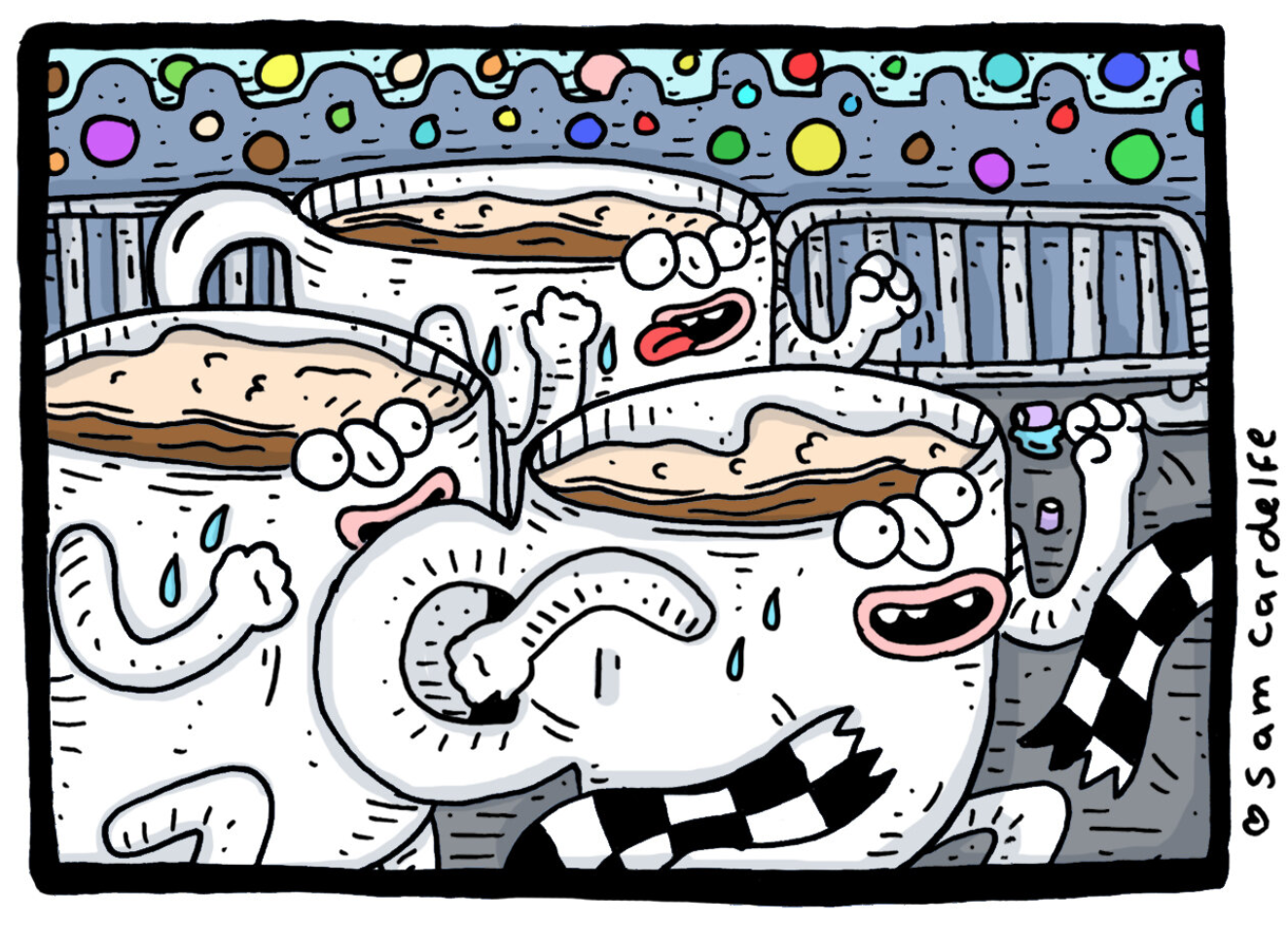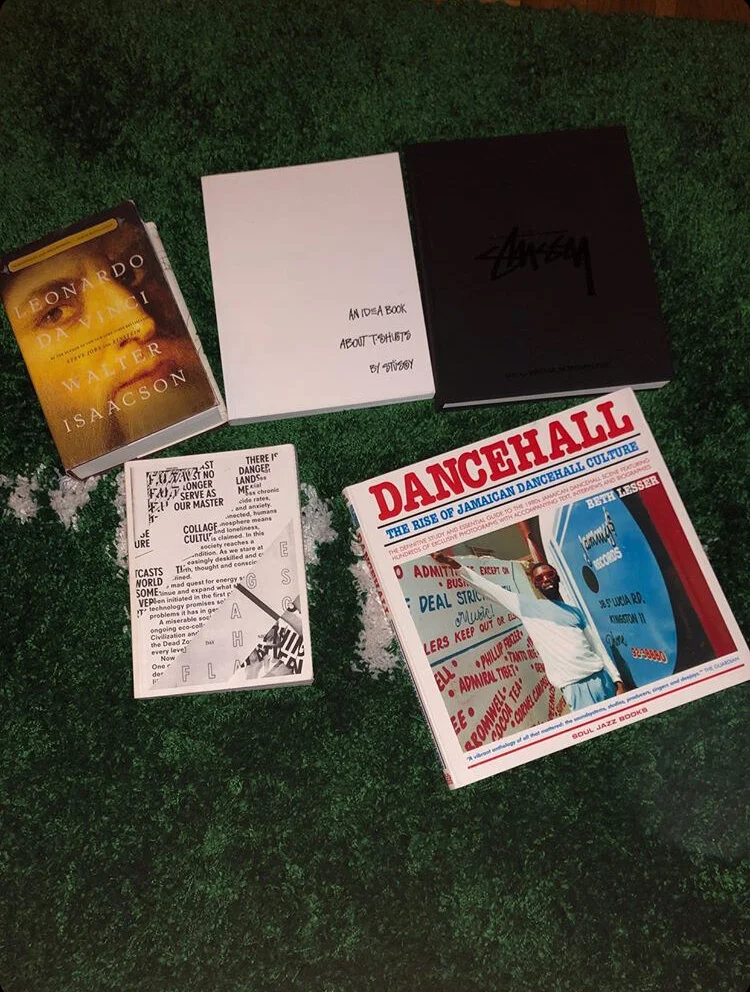Having trained thousands of leaders in the techniques of this ancient practice, we’ve seen over and over again that a diligent approach to mindfulness can help people create a one-second mental space between an event or stimulus and their response to it. One second may not sound like a lot, but it can be the difference between making a rushed decision that leads to failure and reaching a thoughtful conclusion that leads to increased performance. It’s the difference between acting out of anger and applying due patience.
Read MoreTo-do lists can be a good way to record tasks that need to be completed, so you don’t forget to do them. For many of us, though, they can also become a distraction. It’s easy to create a never-ending inventory of chores and projects that keep you so busy that you avoid doing big-picture projects that give you traction with your career. Sound familiar?
Read More“For old people,” Ursula K. Le Guin wrote in her sublime meditation on aging and what beauty really means, “beauty doesn’t come free with the hormones, the way it does for the young… It has to do with who the person is.” But who is the person staring back at us from the mirror as the decades roll by? The mystery of what makes you and your childhood self the same person despite a lifetime of changes is, after all, one of the most interesting questions of philosophy.
Read More“You’ll need a lot of quiet self-confidence,” he wrote on Twitter. “You won’t get the positive reinforcement you’d normally rely on from body language and the ‘vibe’ from being in an office.” Beyond the lack of interaction with colleagues – there are no ideas by osmosis, no overhearing others talking – there is also the lack of interaction with the wider world.
Read MoreOne of the most important habits that I’ve formed in my life is daily writing. Without question, writing every day has brought me many great things: A better career, fulfillment, self-improvement, and most importantly, the ability to share my ideas with you, the reader. I wanted to be a writer for a decade before I became one. All it took was a decision. At some point, you have to look at yourself and say, “I’m a writer.” And then, start doing your job by writing every day.
Read MoreI want to ask you a question. How many hours per day do you think?
“I never thought about that.” So let me get this straight. You’re thinking all the time, and yet, you never think about how much time you spend thinking.
That sounds like an addiction to me. I know, because I’m addicted to thinking too.
When I eat too much, I can say “I’m overeating. I need to eat less.”
When I work too much, I can say “I’m getting burned out. I need to stop working.”
When I drink too much, I can say “I need to stop. I need a bottle of water.”
But when I think too much, I can’t just say “I’m overthinking.” I need a different approach to unclog my brain.
But the problem is that we don’t consider overthinking as a problem.
Read MoreMost workdays start with the right intentions. You begin the day energized, with an ambitious list of tasks and a manageable inbox. But things quickly unravel as meetings, email, and colleagues’ fire drills take over. Before you know it, your deliberate organization comes crashing down like an overextended Jenga tower, sending you home defeated.
Read MoreWriting in that Buddhist way of wrapping in simple language the difficult and beautiful truths of existence, Chödrön examines the most elemental human response to the uncharted territory that comes with loss or any other species of unforeseen change:
Fear is a universal experience. Even the smallest insect feels it. We wade in the tidal pools and put our finger near the soft, open bodies of sea anemones and they close up. Everything spontaneously does that. It’s not a terrible thing that we feel fear when faced with the unknown. It is part of being alive, something we all share. We react against the possibility of loneliness, of death, of not having anything to hold on to. Fear is a natural reaction to moving closer to the truth.
Read MoreAn overwhelming majority of the bad decisions I’ve made in my life were impulsive. They weren’t errors of faulty logic or ineffective deliberation. They were avoidable mistakes in moments when I was unwilling or unable to manage potent negative emotions. Likewise, the most consequential progress I’ve made in my development as a leader has been not in professional but in emotional competence.
Read MoreWhile self-quarantine, many of us have a lot of time on our hands and far too many distractions. Being that we are all in this situation right now, this is when reading can be extremely valuable. It helps us focus our mind in a way that binge-watching Tv shows, doing Instagram challenges, or rewatching the news over and over will never do. Due to social distancing, we now can read new books, or re-read some old ones, without any preoccupations.
Read MoreCoronavirus has plunged the world into uncertainty and the constant news about the pandemic can feel relentless. All of this is taking its toll on people's mental health, particularly those already living with conditions like anxiety and OCD. So how can we protect our mental health? Being concerned about the news is understandable, but for many people, it can make existing mental health problems worse. When the World Health Organization released advice on protecting your mental health during the coronavirus outbreak, it was welcomed on social media.
Read MoreWe’d be wise treat ourselves the same way we treat crying babies. When we mess up, fall short, break a good habit, give into a bad one, get caught in a negative thought cycle, or find ourselves stuck in a bad mood state the inclination is to yell back. We berate ourselves for failing and judge ourselves for thinking and feeling negatively. But here’s the thing: much like a crying baby, all of that berating and judging never makes things better; and it almost always makes them worse.
Read More
If you were to visualize a productive day, how would it look? Would it start with getting up early, checking off items on a to-do list, then taking a triple shot of Bulletproof coffee before powering through a substantial piece of work? Now, how about a creative day? Do you picture long stretches of reflection, pen cocked and loaded as you gaze dreamily into the air? Few would imagine both scenarios looking the same. And unfortunately, we’ve created a dichotomous choice between the two.
Burnout — a state of physical and emotional exhaustion often followed by apathy and illness — is ubiquitous across industries. Physicians, businesspeople, artists, teachers, and athletes all have high rates of burnout. As a matter of fact, most studies show that between 40 and 50 percent of people are experiencing burnout at any given time.
Read MoreDuring our conversation at the Boston Book Festival, the wise and wonderful Amanda Palmer spoke about the harrowing experience of watching her best friend die and reflected: “Everyone in this room is going to be gone pretty quickly — and we will have either made something or not made something. The artists that inspire me are the ones that I look at and go, ‘Oh my god — you didn’t have to go there. It would've been safer not to — but, for whatever reason, you did.’ And every time death happens, I’m reminded that it’s stupid to be safe… Usually, whatever that is — wherever you don’t want to go, whatever that risk is, wherever the unsafe place is — that really is the gift that you have to give.”
Read MoreEnergy, not time, is the basis for productivity. Having all the hours in the day won’t help you if you’re exhausted for most of it. Your habits define your energy levels. If you have good habits, you’ll feel energized and be more resilient to burn out, both physically and mentally. If your habits are misaligned, you can get into a cycle where you feel worse and worse, until your it’s a struggle just to keep up. Here are nine habits you can work on this year to increase your energy levels.
Read MoreYou’ve likely seen the video before: a stream of kids, confronted with a single, alluring marshmallow. If they can resist eating it for 15 minutes, they’ll get two. Some do. Others cave almost immediately. This “Marshmallow Test,” first conducted in the 1960s, perfectly illustrates the ongoing war between impulsivity and self-control. The kids have to tamp down their immediate desires and focus on long-term goals—an ability that correlates with their later health, wealth, and academic success, and that is supposedly controlled by the front part of the brain.
Read MoreWith a fresh understanding of trends and issues, you can practice using strategic thinking by asking yourself, “How do I broaden what I consider?” Questions are the language of strategy. Lisa came to appreciate that her life and prior experience gave her a unique, yet myopic, strategic lens. So she pushed herself to ramp up her perspective-taking and inquiry skills. By becoming more curious, and looking at information from different points of view, she was able to reduce her myopia and see different possibilities, different approaches, and different potential outcomes.
Read MoreHave you heard about how good tea is? If you are a human being, your answer is probably yes. People in cultures around the world have been well-attuned to the joys of a hot cuppa for millennia. They have also heard of how nice it is to “sleep” and “breathe” and “eat food.” But there are still those who eschew tea in favor of coffee, wine, soda, or boring old water. Until this year, I was one of those people. And I was missing out.
Read More



















